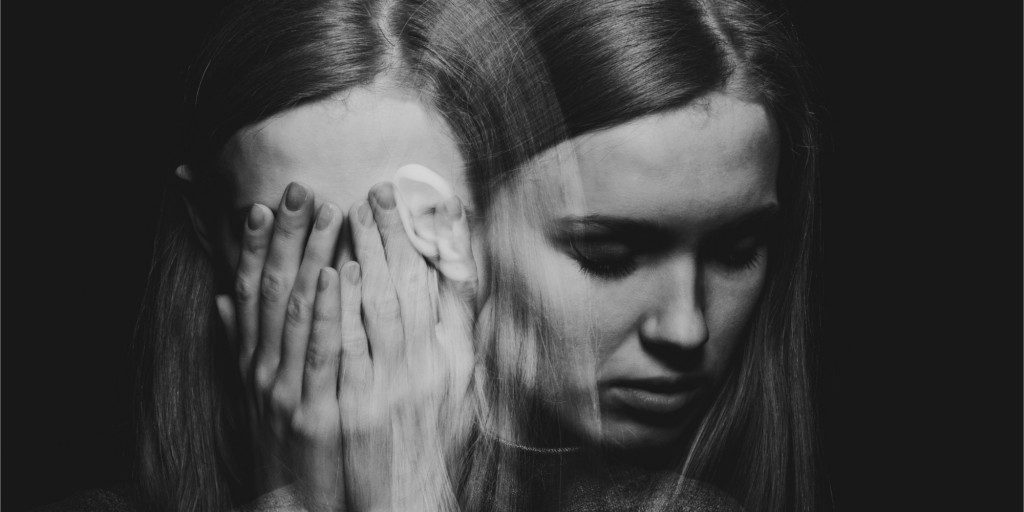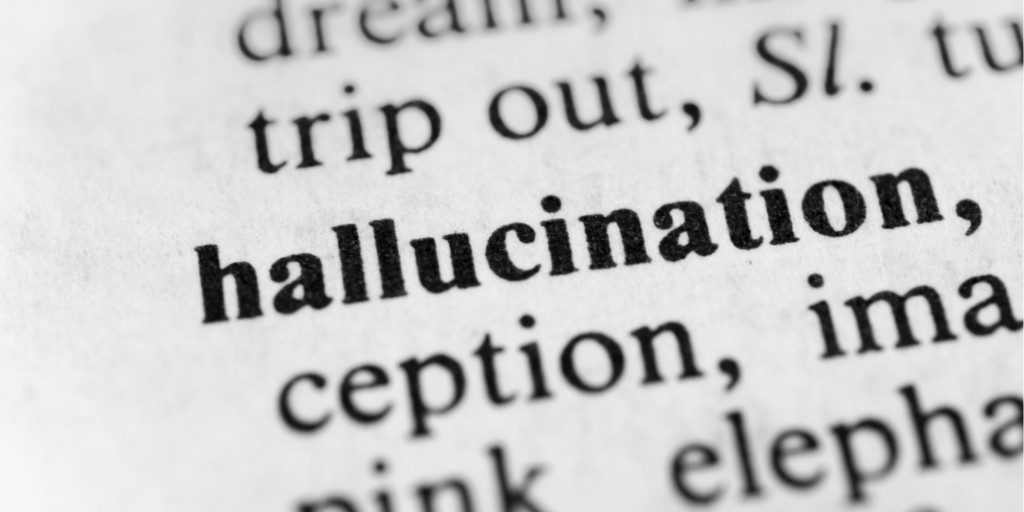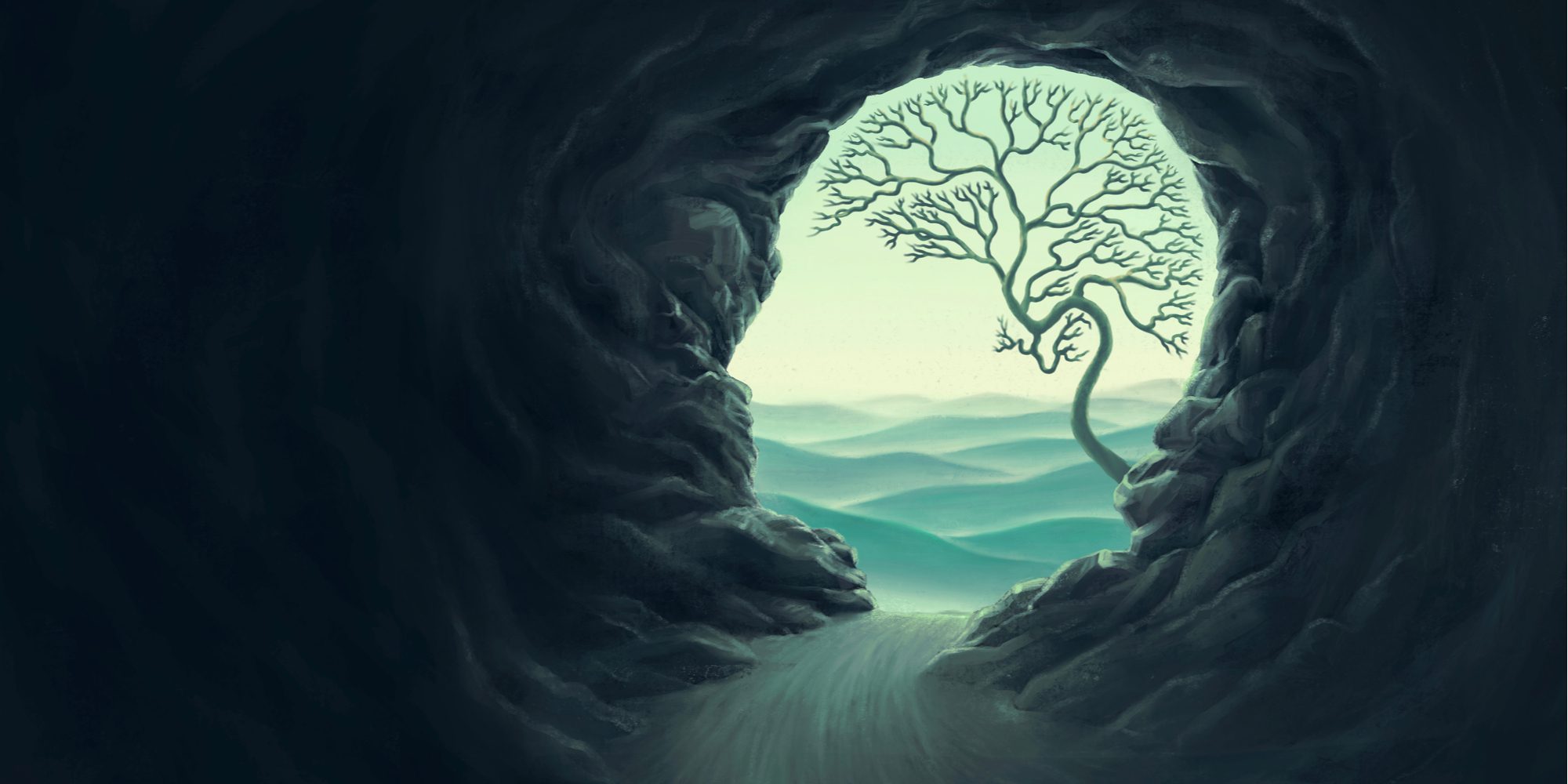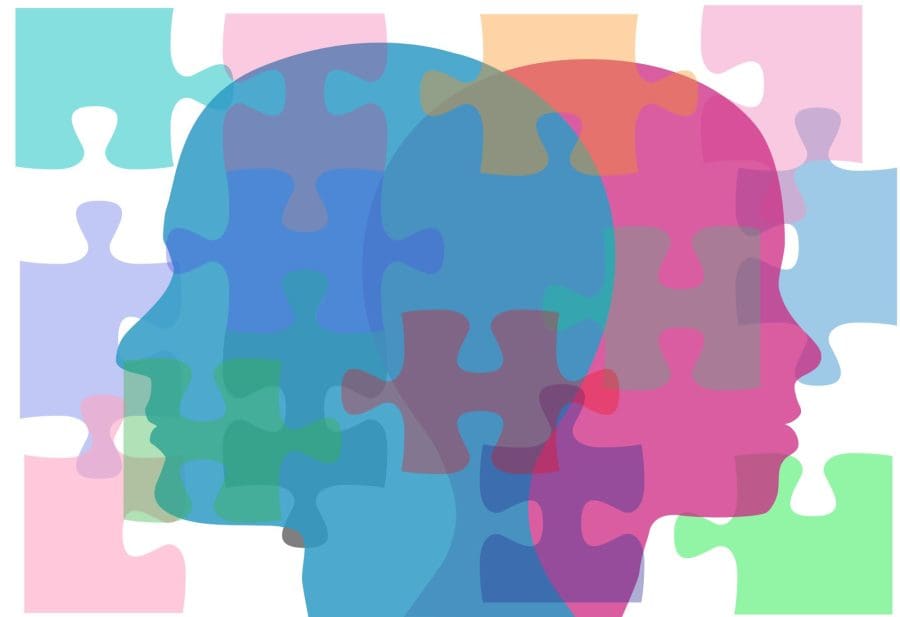Delusions and hallucinations are both symptoms of mental health disorders that alter a person’s perception of reality. However, while similar, they are not the same. Understanding the differences between delusions vs hallucinations can be helpful in diagnosis and treatment as well as in the management of mental health conditions that cause these symptoms.
The mind is an incredibly powerful tool. The brain dictates moods, thoughts, and behaviors, and creates individuals’ realities. When a mental health condition develops, a malfunction in the brain can occur. When this happens, the alterations in the brain can cause misunderstandings between what is real and what is imagined in our everyday lives.
Both delusions and hallucinations distort reality in ways that are incredibly difficult for a person to understand. While delusions can be a mental illness on their own (Delusional Disorder), delusions and hallucinations are often a part of a bigger problem. Knowing the difference between these two conditions can help you determine the best course of action.
Contents
What Are Delusions?

Delusions are false beliefs. Therefore, a person experiencing a delusion will steadfastly believe in something that isn’t true. Usually, these beliefs persist even when there is evidence that they are not real. Delusions are referred to as non-bizarre or bizarre in nature. Examples of delusions that are non-bizarre include something that could actually happen in real life, like a cheating spouse. On the other hand, examples of delusions that are bizarre include things that could never happen in real life, such as the ability to become invisible.
Types of Delusions
There are many different types of delusions but delusional thinking generally follows patterns. Therefore, types of delusions are categorized by theme. Delusional themes include:
- Grandiose Delusions:
Symptoms of grandiose delusional disorder center around beliefs of superiority. In other words, the person believes they are better than others. - Jealous Delusions:
Jealous delusions often revolve around beliefs of being the victim of an affair. - Erotomanic Delusions:
A person with erotomanic delusions believes that an important person (for example, a celebrity) is in love with them. This could be harmless or lead to behaviors such as stalking. - Somatic Delusions:
People with somatic delusions believe they are suffering from a medical condition or parasitic infection that they do not have. - Persecutory Delusions:
This is thought to be the most common type of delusion. Persecutory delusions are paranoid in nature and include beliefs like being spied on. Alternatively, a person could believe others are out to harm them. Schizophrenic delusions are most often of a persecutory nature.
Delusional psychosis can be a condition of its own or could be a symptom of another disorder. Other conditions that may cause delusions include:
- Alzheimer’s Disease
- Dementia
- Brain Injury
- Parkinson’s Disease
- Delusional Disorders
- Schizophrenia
- Mood Disorders
- Substance Abuse
- Drug-Induced Psychosis
Depending on the person’s beliefs, delusional thoughts may not cause distress. For example, a person with Alzheimer’s disease may experience delusions that do not necessarily disrupt their life, such as their being able to communicate with a deceased family member. Alternatively, someone diagnosed with schizophrenia may believe that they are being spied upon through the appliances, which could become a major source of stress in their life.
Hallucinations are similar to delusions in the sense that they cause a person to feel that they’re experience something that didn’t actually happen. However, hallucinations are not based on beliefs.
What Are Hallucinations?

Hallucinations are like delusions, but instead of centering on misbeliefs, they involve sensory misperceptions. That is, a person will feel, see, taste, hear, or smell something that isn’t there. Like delusions, hallucinations are often a symptom of a broader disorder, but can also be caused by situational circumstances, such as substance abuse.
Types of Hallucinations
Hallucinations affect your senses and are categorized by such. Therefore, types of hallucinations include:
- Auditory (hearing)
- Visual (seeing)
- Olfactory (smelling)
- Tactile (feeling)
- Gustatory (tasting)
Hallucinations are created in the brain and are very real to the person experiencing them. Given this, they can be quite distressing. Causes of hallucination are similar to those of delusions. For example, the mental illness schizophrenia is a common cause of hallucinations. In addition, Parkinson’s disease, Alzheimer’s, dementia, epilepsy, and brain injuries are also common causes. Further, it is not unusual for a person who is going through drug or alcohol detox to hear, see, or feel things that aren’t real, which is one of the reasons detoxing under medical supervision is so heavily recommended.
Delusions vs Hallucinations Treatment
The treatment of either delusions or hallucinations will greatly depend on the condition that is causing these breaks with reality. If psychosis is not evident, cognitive behavioral therapy (CBT) is a common approach to the treatment of delusions. CBT offers the opportunity for the person to address their delusions and to discuss alternate possibilities about their misbeliefs. This type of therapy will be paired with medication if necessary.
Hallucinations are also treated with a combination of therapies. However, medication may be more of a first approach if the hallucination is tied to a mental illness or physical condition. The type of medication used will depend on the condition causing the hallucination.
If substance abuse is causing delusions and hallucinations, an evaluation by a medical professional versed in both mental health and addiction treatment is often the first step.
Mental Health Help in Louisiana
Delusions and hallucinations can be upsetting to those experiencing them as well as to those around them. At Baton Rouge Behavioral Hospital, our treatment team is well versed in stabilizing patients who are experiencing hallucinations and delusions regardless of the severity.
At our Louisiana mental health hospital, we offer adult psychiatric programs in both inpatient and outpatient formats. In addition, we offer a dual diagnosis program to address any accompanying addiction and can assist in crisis stabilization. At Baton Rouge Hospital we understand that no two patients are the same, and we provide individualized options to cater to your recovery needs.
To learn more about our mental health treatment options contact us at 225-300-8470 or by using our confidential online form, many times we can get you admitted as soon as today.
Frequently Asked Questions Regarding Delusions vs Hallucinations
Delusions and hallucinations can be caused by numerous conditions. Often, these breaks with reality are caused by mental illness, physical ailments, or substance abuse.
Hallucinations are created in the brain. Usually, they are from a mental illness (e.g., schizophrenia) or a physical condition (e.g., epilepsy). However, they can also occur from substance abuse. To stop hallucinations, the source will need to be determined. From there, the appropriate treatment plan can be outlined. Usually, this includes medication, psychotherapy, and/or a drug detox.
The main difference between hallucinations and delusions is that hallucinations revolve around senses and delusions center on beliefs. Therefore, a hallucination includes seeing, hearing, tasting, smelling, or feeling something that isn’t there. On the other hand, delusions are false beliefs despite evidence to the contrary.


















